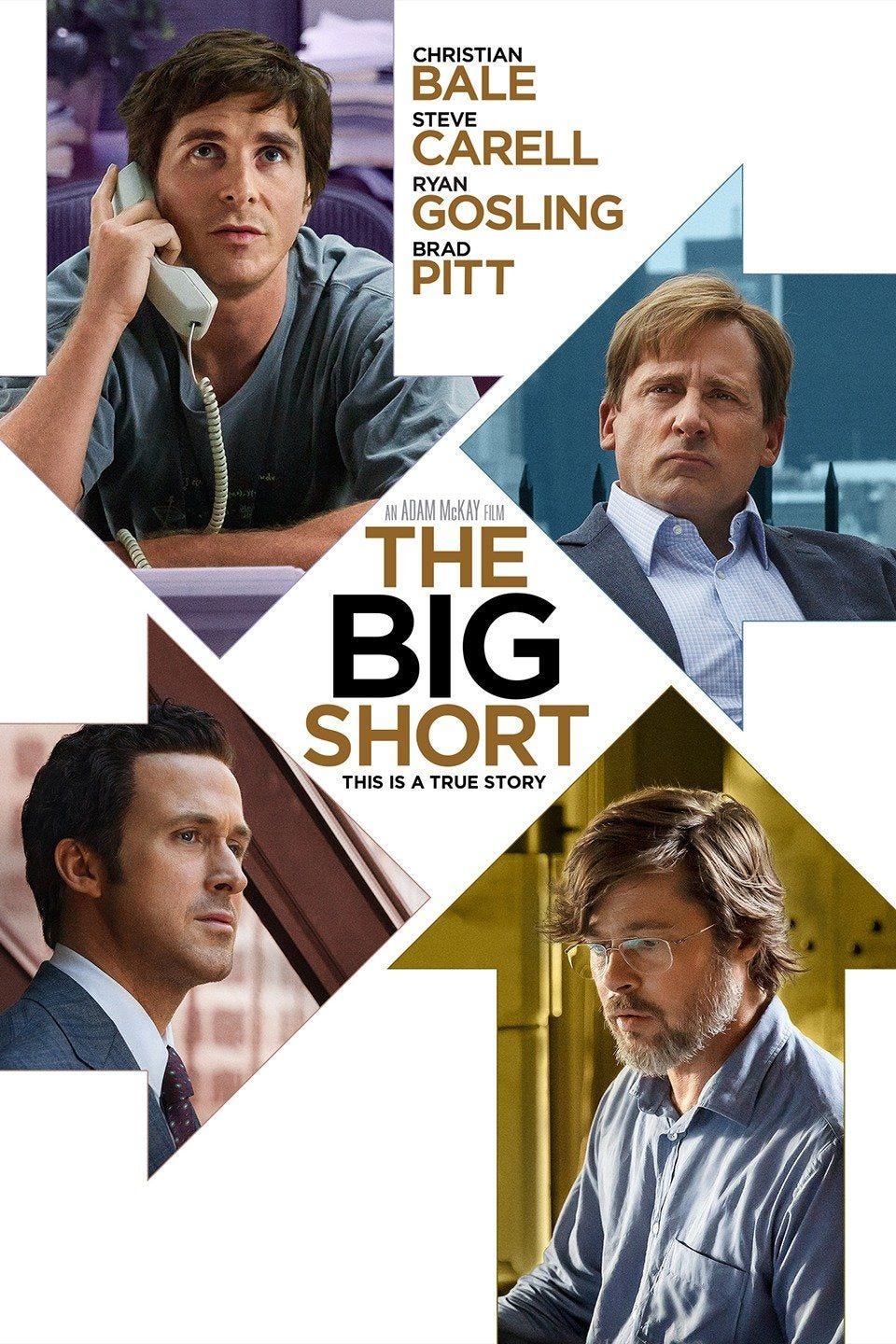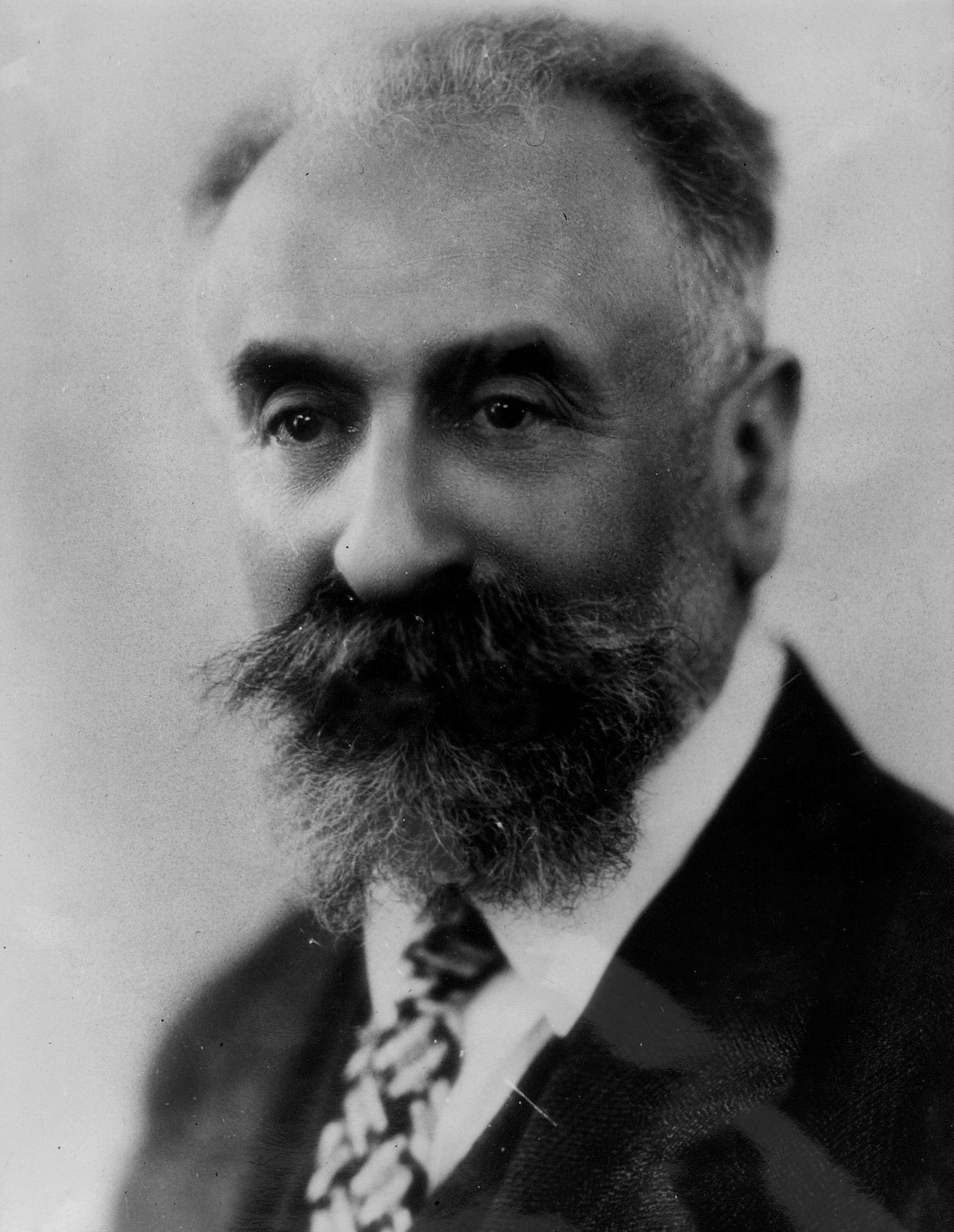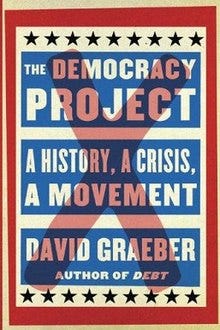Slow Read Book Club: Afterword, Debt the Last 5,000 Years by David Graeber
What compels us to pay our debt?
I’m starting at the end to understand the beginning of this book.
The Afterword appears in the updated and second edition published in 2014. Otherwise, all chapters appear to be the same, so far. I will be switching between the original (laptop) and the updated one (e-book on my mobile) and check if there are any updates.
Afterword
The seeds of this book stem from two crises according to David Graeber:
The financial crash of 2007/2008 (event)
‘Collapse of our collective imaginations’ (conceptual)
Following the economic depression that followed, Graeber sought to understand if the scale of the event is merely a cyclical occurrence or if there was were grander rhythms and push in economic history.

This means Graeber has an outsize ambition to survey what the ‘economy’ is across human history to formulate political, social and economic possibilities that only a crisis brings. It is unsurprising that he was one of the outspoken public figures in the Occupy Movement (for debt cancellation) in Wall Street.
His grand survey of human history ties in neatly with our previous read, The Dawn of Everything.
Slow Read Book Club: Chapter 1, The Dawn of Everything: A New History of Humanity by David Graeber, David Wengrow
I am a voracious reader of fiction books for pleasure. I escape with crime thrillers every day, but I can’t say the same for non-fiction. They are designated for work and deep focus. I require a slow approach to reading academic books, digesting ideas, and critically dissecting social theories. I went into academia because I love living in the mind and…
The Economy is NOT the economy
Graeber distinguishes between what we understand now as the Economy, a separate specialised entity, and the economy as integrated within the political, legal, domestic and religious life of people. He’s interested in the Economy because it is a relatively new concept.
His approach is at once historical, ethnographic, and theoretical to understand the moral and social discourses of transactions. Debt as a concept was for him the fulcrum where issues of
rights of access and disposal of resources
communism
hierarchy
exchange
could be integrated and also distinguished.
We are up for surprises in the coming chapters as he reverses several myths and assumptions primarily,
why barter did not preclude money transactions (chapter 2).
on the value of work
on paying debts (or why we feel compelled to)
When discussing about debt amnesty and the relationship of the IMF (International Monetary Fund) with low income countries, the person Graeber was discussing with remarked,
‘But they’d borrowed the money! Surely one has to pay one’s debts.’
But, why?
Why an Anthropologist’s Lens?
The answer to the compelling need to repay a debt is one that French ethnologist, a scholar that compares different cultures and groups, Marcel Mauss discussed in his essay, The Gift (Forms and Function of Exchange in Archaic Societies. This force within the social exchange or the spirit in the material being exchanged is what compels the recipient to return the gift to the giver.

In the same vein, the work of Marcel Mauss comes as part of the L’Année Sociologique school of which his colleagues, including uncle, eminent sociologist Emile Durkheim, all perished during World War I. This publication as well as all his essays form the foundation of much of anthropology and was published in collaboration with his fallen colleagues and as a gift for the scholarly community.
What makes his work important was the comparative scale of his project (breadth of societies (scale)) in trying to answer a genuine question: why do we feel compelled to pay a debt or return a gift? Graeber, and I share his observation here, saw the lack of broad generalisations that anthropology has produced of late.1 We are a discipline of exceptions to the rule, as I would explain. (There are historical reasons why this has diminished, but that’s a whole other discussion). However, this should not stop us from thinking about the big picture and asking general questions about human behaviour especially around our economic life.
What this book is not about…
This is not an economic history or the econometric view of economic life (maybe a little if we go by book reviews and critiques)
the history of coinage or money
This is about the messy middle that undergirds our economic and irrational behaviour as human beings engaged with each other and the institutions we built. Graeber is notoriously an anarchist and activist and I will be aware of this through the pages.
Note
Happy new year, dear reader!
I did not intentionally set out to do a David Graeber series. I was looking for a work in anthropology that appeals to general readers, a thick and difficult to finish book, but one that encompasses a wide scale of human history. Apparently, so few of my fellow anthropologists write for the wide and popular audience. (Perhaps, I will slowly discover them). This is a function of how academia historically has moved towards specialisation and lone research with a ground up approach to questions.
Debt is one of the works that is often cited but perhaps hardly read (or completed). I’ve had a wonderful 2023 completing, The Dawn of Everything, and that book has changed the way I now view history and the present.
My wish is that this book also provides life-changing insights and perspective into our contemporary life and crises.
I discovered this exception just recently, Questions of Anthropology, which was an attempt by London School of Economics-based anthropologists, to tackle general and universal questions about the human experience but using their own fieldwork material. It is not a human survey approach like Mauss but does the job of combining both asking big picture questions and answering using local empirical details.





